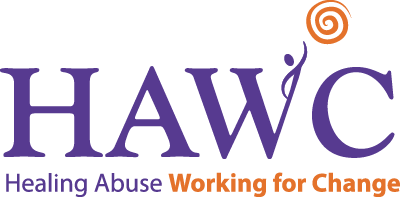A desire for power and control drives all abuse. Remember that while others may try, no one can control anyone else’s thoughts and feelings. Abusers cannot gain control of their survivors’ love through pain and manipulation. Victims cannot control their abusers’ actions with submission and silence.
Protecting yourself from abuse is easier when you recognize that you—and only you—are in control of your own life, no matter what.
Understanding where your relationship stands on a scale of healthy to abusive means understanding whether you are safe or not. If any aspect of a typical abusive relationship reminds you of your own relationship, consider the following questions:
Do you
- Fear that this person will hurt you?
- Feel worse about yourself since becoming involved with this person?
- Make few decisions in the relationship?
- Make excuses for this person’s behavior?
- Worry about how this person will react to your words and actions?
- Need to ask permission to do things?
- Think disagreements are rarely resolved peacefully?
- Feel uncomfortable with the way this person has touched you or talked to you sexually?
Does the other person
- Act hurt when you spend time with friends and family without her/him?
- Act possessive?
- Check up on you constantly?
- Prevent you from contacting your friends, family, and support system?
- Limit your involvement in finances?
- Limit your access to money, technology, and vehicles?
- Get angry quickly?
- Call you names, put you down, criticize you, or yell at you?
- Engage in physical violence?
- Manipulate or force you to have sex?
- Withhold or force sex as punishment?
- Threaten to commit suicide if you leave?

